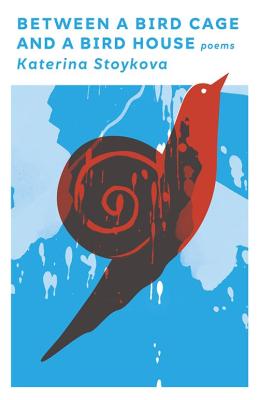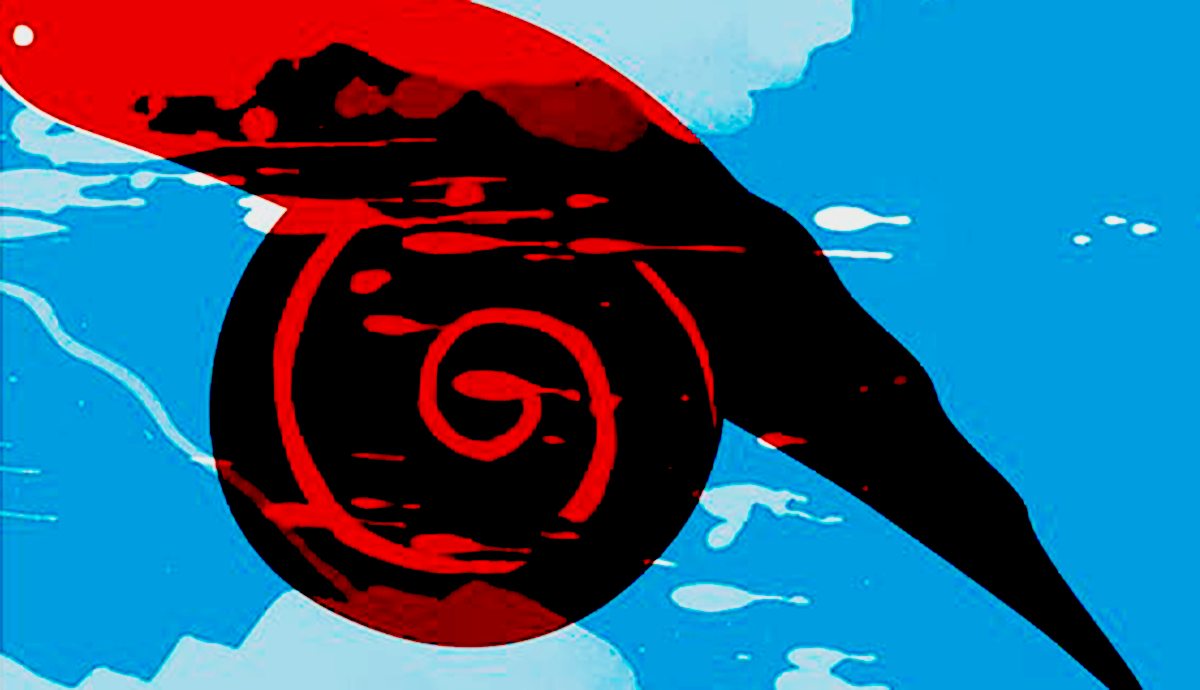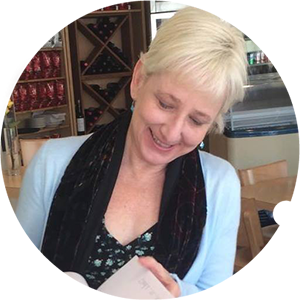Between a Bird Cage and a Bird House (published by University Press of Kentucky, 2024) is an elegant collection of poems by the Bulgarian American poet Katerina Stoykova. The cover image, a bird whose wings are shaped like the shell of a snail, is beautifully illustrated by Bulgarian artist Luba Haleva. The full image, in fact, is both bird and snail, a hybrid, and serves as a contextual metaphor that the reader perceives before reading. The collection is largely organized in small sections by a series of seventeen untitled poems beginning with the word “America.” Like the poems of Emily Dickinson, these particular poems are listed in the table of contents with first lines serving as titles. For example, “America, you are so big, I feel endless.”
“Visit,” which occurs early in the collection, serves somewhat as a representative poem in terms of theme:
I visit my homeland the way a snail tries
to fit back into his old shell.
Day after day I writhe inside,
counterclockwise.
The poem ends on a soft grace note:
Snail is the most beautiful Bulgarian word,
says my son, who is studying the language.
I thought it meant love.
“Dear Numbness,” presents an alternate (yet not dissimilar) view of the snail:
you are a funny kind of snail—
instead of in a shell, you crawl around
your own freezer. You doubt anyone
would understand. You hate your heart
frosting into a snowball, but you need
a safe space. Nobody can hurt you there.

“Eighth Floor Balcony Ghazal” illustrates Stoykova’s gift for form. A compilation of thirteen couplets, this ghazal provides a kaleidoscopic view of events that occur on a Bulgarian balcony: “You could see the sun rise / out of the Black Sea from the balcony.” The poem opens impersonally: “If I catch you smoking / I’ll throw you off the balcony.” And moves toward the personal: “Your marriage will last at most three years, / Dad told me on the balcony.” The poem ends: “Katerina, there is no heaven or hell / there is just this balcony.” As this particular poem suggests, the collection is not without pain.
One of my favorite poems here, which also appears in Porcupine of the Mind (published by Broadstone Books, 2012) is “The Way I Pray to St. Catherine.” This short poem enacts a moment of communion: "I look at her, / she looks at me, / we stay this way / until she knows / everything."
“The Country Who No Longer Wanted Her Children,” suggests a turn: “Don’t come back … There is nothing here … You are better off there … What would you do if you return?” Nevertheless, this “turn” is not quite a turn, for the collection neither suggests a competition between Bulgaria and America, nor a simple emigration from one country to another; rather, it explores the tangle of leaving one’s homeland and finding a new home in a far off place. It explores the space Between a Bird Cage and a Bird House within one’s own mind.
In addition to Emily Dickinson, Stoykova imitates “The Red Wheelbarrow,” an iconic American Imagist poem by William Carlos Williams. The context of this poem in the collection is complex, and I consider it a fulcrum. Observing the poem carefully brings further meaning (please bear with me). Each “untitled” poem in this book begins with “America,” is preceded by a black ink version of the hybrid bird/snail image of the cover (somewhat serving as a title), and is followed by two to four titled poems. However, Stoykova’s Red Wheel Barrel Poem is an outlier. This poem lacks a title, is preceded by the hybrid image, yet is the only poem included under the section "America, do you remember," which, after the exchange of a chocolate chip cookie, ends: “everything got better from there.” Here is the poem:
So much depends
upon
the kindness of others
to make
A foreign country
yours,
white chickens
and all.
As the granddaughter of Indiana farmers, and a reader of William Carlos Williams, I understand white chickens. From my reading of Katerina Stoykova, I understand kindness and love. Bulgaria is approximately the size of Tennessee: “America, you are so big, I feel / endless … I want to perch on your palm / and home there."



